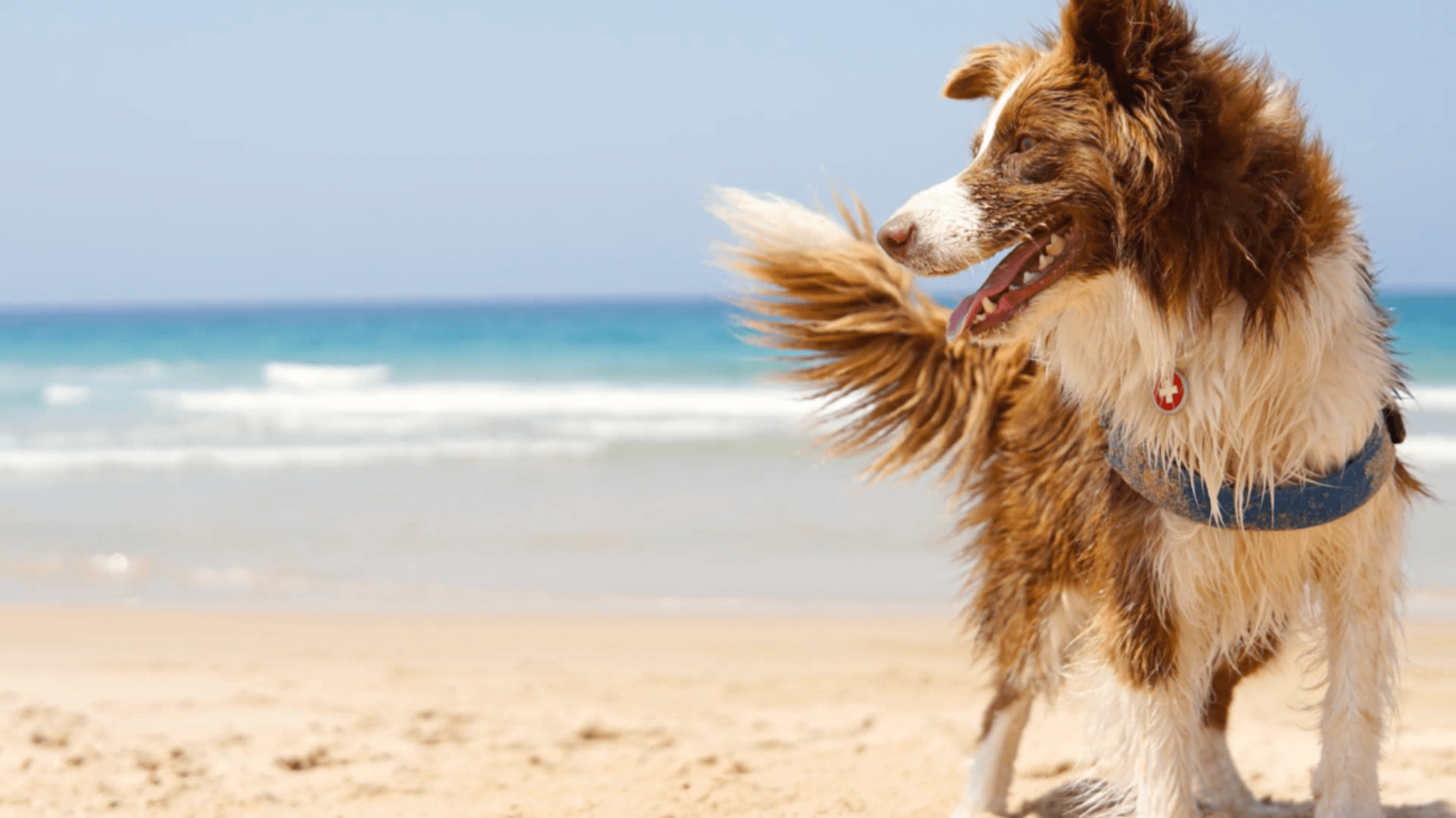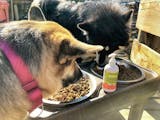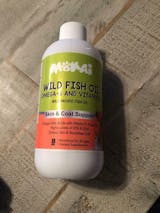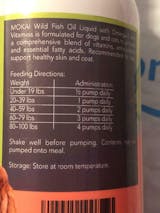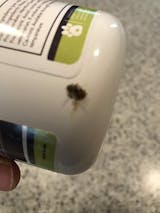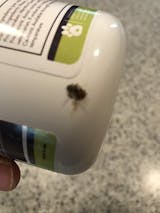We all want to give our dogs the best care, that’s why we choose nutritious food and supplements to enhance their immune system. Yet, some of our habits might end up hurting them unintentionally. Giving leftovers to our dogs is one of those habits we should definitely avoid.
There are many healthy foods we (humans) love, and that’s why we would like to feed them to our pups for them to enjoy their benefits. However, not all the human foods we identify as ‘healthy’ are good for dogs.
7 toxic foods for dogs: What can dogs not eat?
Chocolate: due to its theobromine content, which they are unable to metabolize, chocolate can be poisonous to dogs. Usually, the quantity of chocolate that can be toxic to dogs varies according to their age, size, and health. Try to avoid feeding chocolate to your pup.
Grapes and raisins: Specialists don’t agree on which substance of the fruit is harmful to dogs, so the source of toxicity remains unknown. However, grapes and raisins should be avoided since ingestion can cause vomiting, diarrhea, and kidney failure.
Garlic: All the allium family (leek, chives, and onions) can cause anemia and changes in dogs’ blood. Although it would take a large amount of garlic ingestion (15 to 30 gr per kg of body weight) to damage a dog’s health, you shouldn’t include it in your dog’s diet.
Mushrooms: Not all mushrooms are toxic to dogs, only poisonous mushrooms. However, it’s very hard to tell them apart. Ingesting poisonous mushrooms can cause weakness, tremors, disorientation, agitation, and seizures.
Avocado: It contains a toxin named persin which can damage your dog’s health. Besides, its consumption can have different side effects, depending on your dog’s size, age, and breed. However, some vets say it’s safe for dogs to consume it in small quantities since they are more resistant to persin than other pets. So, if you decide to feed your pup with it, consult with your vet first.
Nuts: Most of the nuts we have access to are not toxic to dogs, yet, they are all high in fat, which can lead to water retention, and are a potential choking hazard.
Cinnamon: even though it is not exactly toxic, cinnamon can hurt the inside of dogs’ mouths, causing severe discomfort. Besides, inhaling cinnamon powder can cause your dog to cough and choke.






